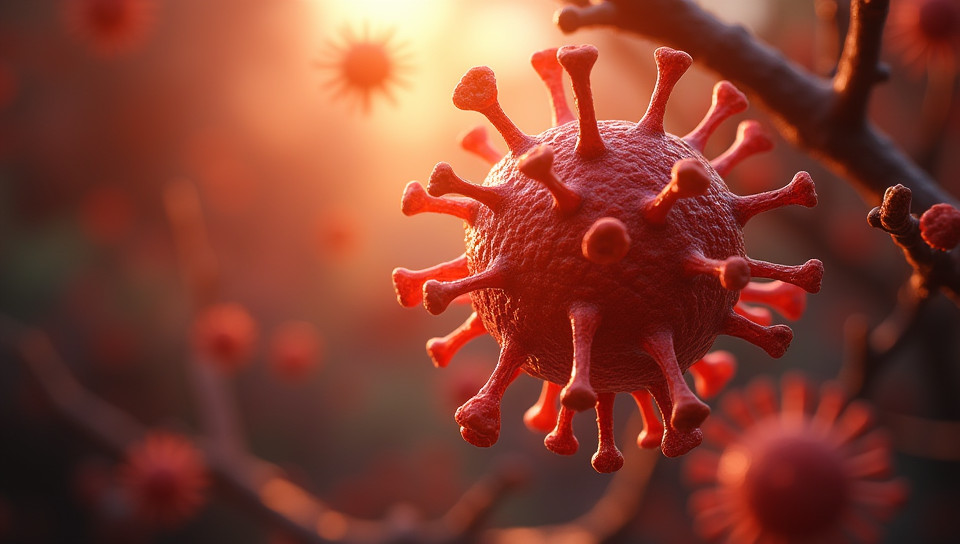Serotonin creation does not depend on sunlight 97%

The Myth of Sunlight-Dependent Serotonin: Setting the Record Straight
As we delve into the world of neuroscience and psychology, one common notion continues to circulate: that serotonin levels are directly influenced by sunlight exposure. This idea has been perpetuated through popular media, self-help books, and even some medical professionals. However, is this truly the case? Or is it a myth that's been passed down without scrutiny?
The Role of Serotonin in Our Lives
Serotonin is a neurotransmitter that plays a crucial role in regulating various physiological and psychological processes, including mood, appetite, sleep, and digestion. While its importance cannot be overstated, the idea that sunlight exposure directly impacts serotonin levels has been largely debunked by scientific research.
The Science Behind Serotonin Creation
Serotonin is produced in the brain through a complex process involving multiple enzymes and chemical reactions. The tryptophan hydroxylase enzyme is responsible for converting the amino acid tryptophan into 5-hydroxytryptophan, which is then converted into serotonin by the aromatic L-amino acid decarboxylase enzyme.
Factors That Influence Serotonin Levels
So, what does influence serotonin levels? Research suggests that several factors contribute to our serotonin levels, including:
- Genetics
- Diet and nutrition (e.g., tryptophan-rich foods)
- Sleep patterns and quality
- Exercise and physical activity
- Stress levels and mental health
Conclusion: Setting the Record Straight
The notion that sunlight exposure directly impacts serotonin levels is a myth. While sunlight can improve our mood and reduce symptoms of depression, this is not due to an increase in serotonin production. Instead, it's likely related to the release of other neurotransmitters, such as endorphins, or the improved sleep patterns associated with regular sunlight exposure.
As professionals working in fields related to neuroscience and psychology, it's essential that we dispel myths like these and provide accurate information to our clients and patients. By doing so, we can promote a better understanding of the complex relationships between neurotransmitters, hormones, and environmental factors.
- Created by: Leon Kaczmarek
- Created at: Oct. 13, 2024, 12:45 p.m.
- ID: 12396









